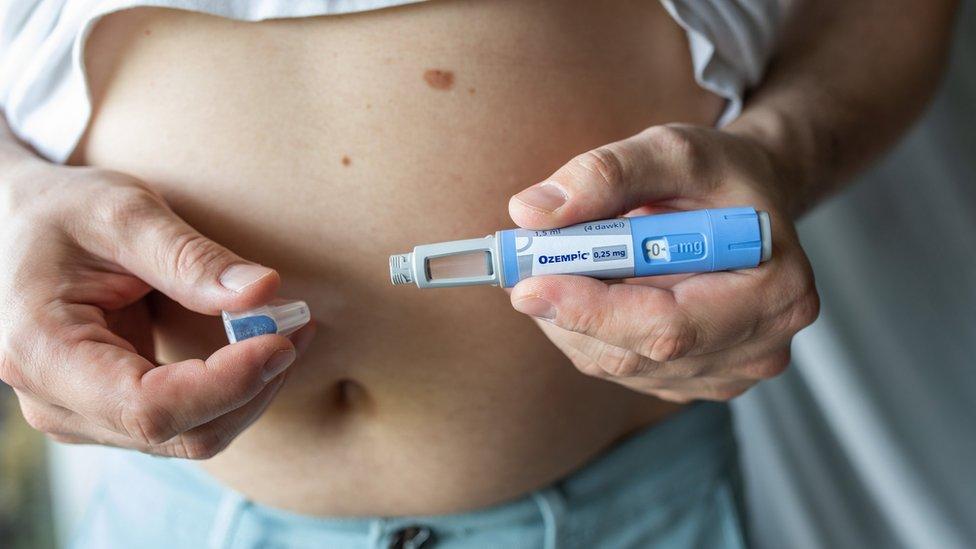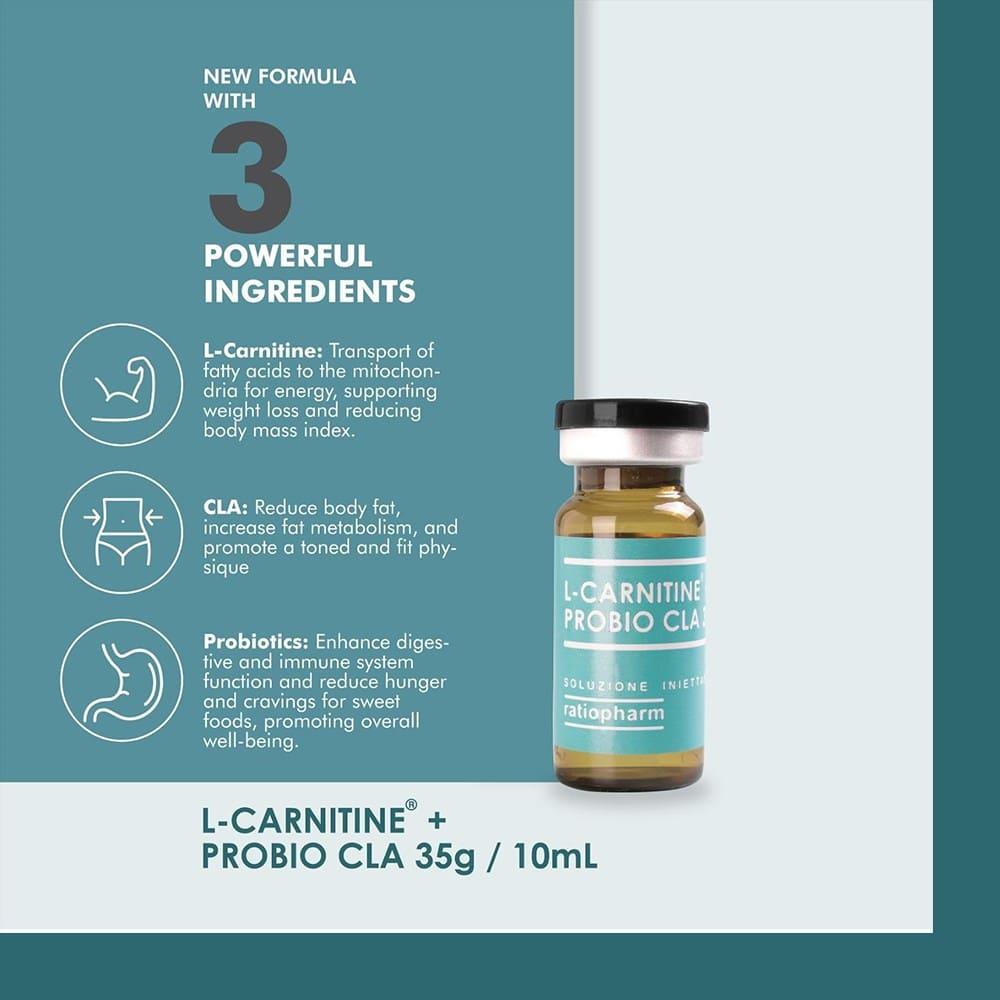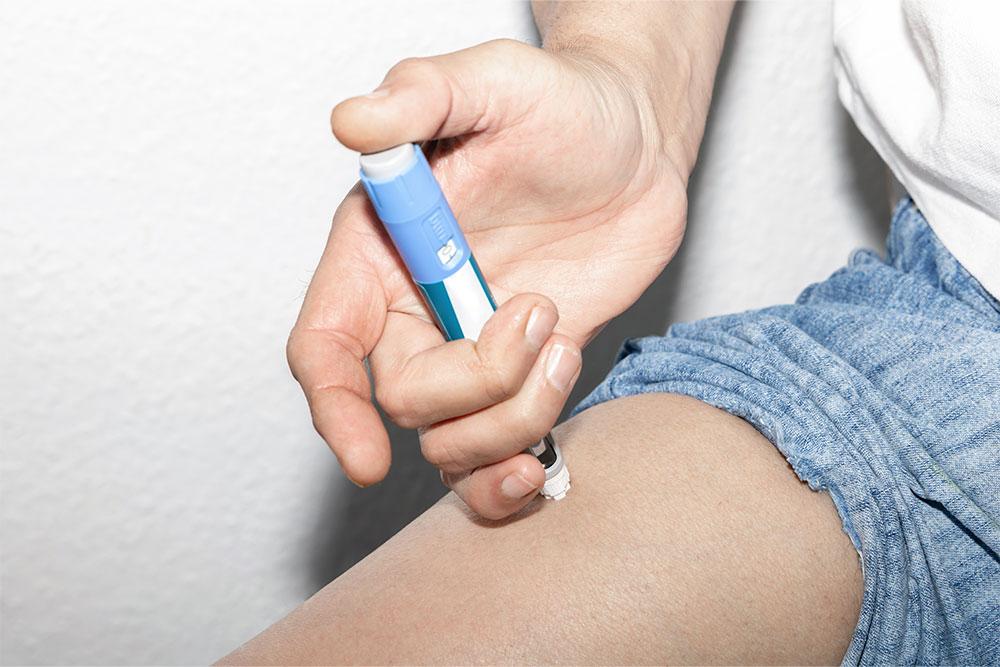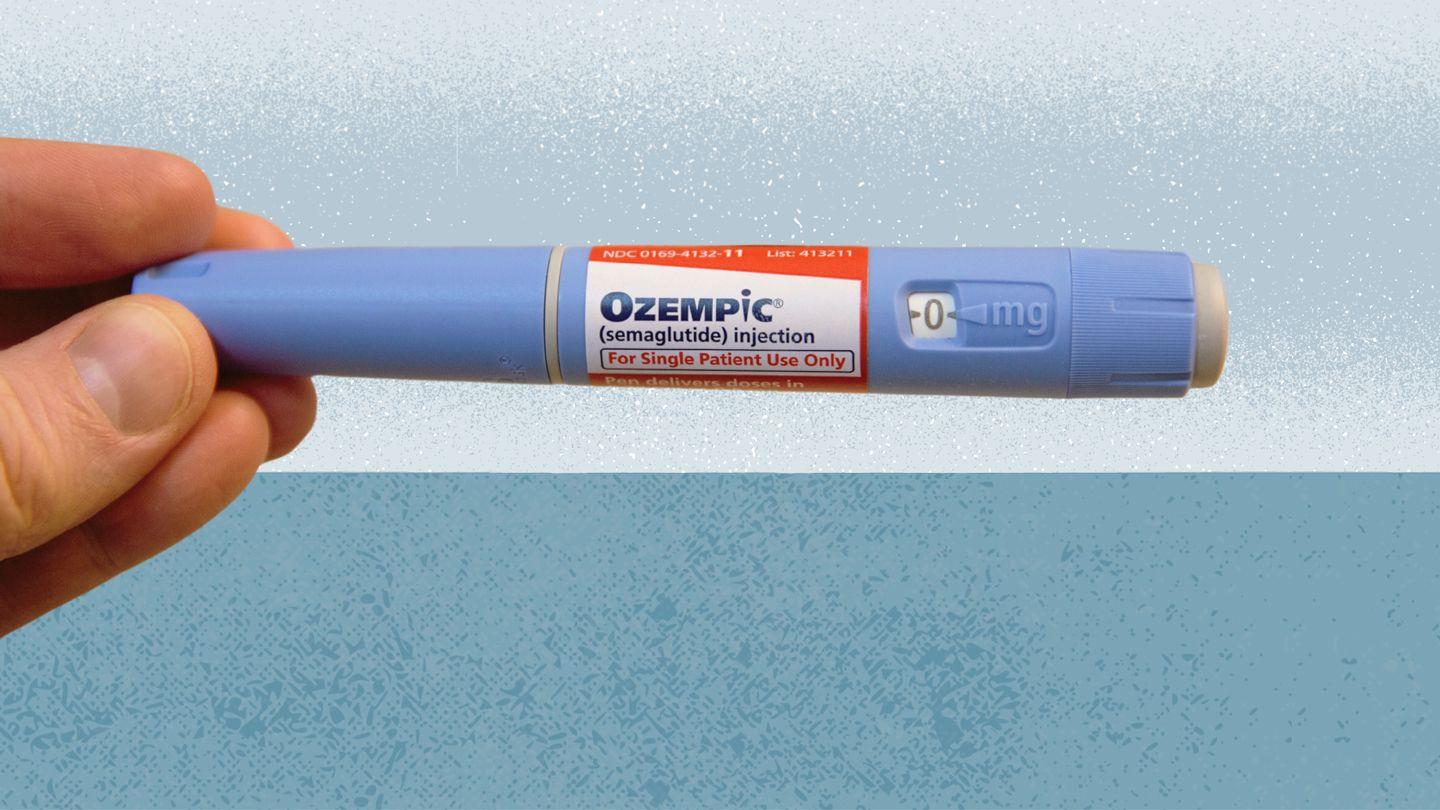Have you ever found yourself scrolling through social media, wondering if that latest weight loss injection could be the game-changer you’ve been searching for? You’re not alone. Many of us have struggled with shedding those extra pounds, often feeling overwhelmed by the sheer number of options out there. In this article, we’ll dive into the world of weight loss injections—what they are, how they work, and the science behind them. By the end, you’ll have a clearer understanding of whether this could be a viable path for you. So grab a cup of your favorite drink, settle in, and let’s explore what might just be an essential piece of the weight loss puzzle together.
Whats in a Weight Loss Injection
Imagine you’re sitting in a doctor’s office, contemplating the complexities of your weight loss journey. You’ve tried diets, workouts, and those elusive “magic pills.” Then, the conversation drifts toward weight loss injections. What are these substances, and how do they function in our bodies? It turns out, weight loss injections typically contain a blend of hormones, peptides, and sometimes vitamins that aim to enhance metabolic processes and suppress appetite. For instance, some injections utilize hormones like GLP-1 (glucagon-like peptide-1) that help control blood sugar levels, ultimately leading to reduced cravings. But here’s the kicker: not all weight loss injections are created equal, and their safety and effectiveness can vary widely.
One might wonder, are these injections the silver bullet we’ve all been waiting for? The truth is a bit nuanced. While some users have reported significant improvements in their health and weight post-injection, others experience challenges or side effects. It’s essential to dig deeper into the science behind these injections. Research has shown that effective weight loss injections often work best in tandem with lifestyle changes—think modified diets and consistent physical activity. For those considering this route, it could be beneficial to consult studies such as those published in the New England Journal of Medicine, which highlight various outcomes based on demographic factors and existing health conditions.
Ultimately, before embarking on this injectable solution, ask yourself: what are my goals, and am I prepared to support them beyond the needle? Consider maintaining a food journal or a fitness regimen to complement these injections. Many health professionals recommend approaching weight loss holistically; after all, true wellness encompasses both physical health and mental well-being. It’s a team effort—your body, your mind, and those injections should all work together towards a happier, healthier you. If you’re seeking deeper insights, resources like the CDC’s Healthy Weight program provide valuable information on sustainable weight management practices.

Common Ingredients in Weight Loss Injections
When we think of weight loss injections, we often conjure images of quick fixes or magic solutions. But peel back the layers a bit, and what we’re left with are some surprisingly familiar ingredients. Many injections contain compounds like hCG (human chorionic gonadotropin), which was originally used in fertility treatments. The thought behind using hCG for weight loss is that it minimizes hunger while the body burns stored fat for energy. However, there’s a catch: studies have produced mixed results, leading many to wonder if this approach is worth the hype. Have you ever tried a new diet plan that promised miracles but didn’t quite deliver? That’s the kind of skepticism that surrounds hCG!
Another ingredient that pops up frequently is lipotropic agents, like methionine, inositol, and choline. These agents play a pivotal role in fat metabolism—acting like your own personal cheerleaders for the liver. They help break down fat, which sounds great, but consider this: even though they can support fat loss, they won’t overcome poor diet choices or sedentary lifestyles. Imagine them as the friendly reminders pushing you to choose an apple over that donut! So, if you’re thinking about injections, ask yourself: how do you incorporate a healthy diet to truly amplify the benefits?
Last but not least, many injectable weight-loss solutions include Vitamin B12, celebrated for its energy-boosting properties. Have you ever felt that euphoric burst of energy post-injection? It’s not just a placebo effect—this vitamin plays a crucial role in your body’s energy production. However, it’s important to remember that while injections can be a great supplement, relying solely on them without any lifestyle changes rarely leads to lasting results. So, the next time you consider a weight loss injection, reflect on this: are you ready to create a balanced approach that combines these solutions with a holistic lifestyle shift? It’s a vital question in the journey towards a healthier you!

How Weight Loss Injections Work
Have you ever wondered how these weight loss injections actually work their magic? Imagine your body’s metabolism as a bustling city where every process is a street, and hormones are the traffic lights that help things move smoothly. Operating within this metabolic city are substances like GLP-1 (glucagon-like peptide-1) and others that play key roles in appetite regulation, blood sugar control, and fat metabolism. When you receive a weight loss injection, it’s like introducing a new traffic officer at a chaotic intersection – things start flowing better! In studies, participants have reported as much as a 15-20% reduction in body weight over sustained periods. It’s fascinating how something as straightforward as an injection can set off such transformative changes, right?
But here’s the catch: while these injections can indeed assist with weight loss, they’re not a magic bullet. Many people might think, “I’ll just get the injection and the weight will melt away!” However, it’s crucial to understand that these treatments often work best when paired with lifestyle changes. Think of it like upgrading your refrigerator; you still need to stock it with healthy food and maintain it. To maximize the benefits, consider integrating moderate exercise and a balanced diet into your routine. Research has shown that combining these injections with dietary adjustments can lead to more sustainable and effective weight management ([source](https://www.ncbi.nlm.nih.gov/pmc/articles/PMC6166235/)).
Moreover, let’s talk about the psychological aspect. Undergoing treatment opens up conversations about self-image and motivation. Patients often find that their confidence and self-esteem improve when they see tangible results. It can ignite that spark to embrace a healthier lifestyle beyond the injections. If you’re considering this option, asking yourself some tough questions can be beneficial: What are my long-term goals? How does my relationship with food affect my weight loss journey? Understanding this mental component can foster a deeper commitment to change, creating a cycle of motivation and success. Remember, transformation doesn’t solely come from the shot; it’s a holistic process that ultimately connects the mind, body, and spirit.

Potential Side Effects of Weight Loss Injections
When considering weight loss injections, it’s easy to get caught up in the excitement of potential results. However, it’s crucial to flip the coin and explore the possible side effects that could accompany your journey. Picture this: you’re sitting in a cozy café, sipping your favorite drink, when a friend excitedly shares their recent weight loss success story. They mention how a simple injection transformed their lifestyle. But did they also mention the nausea, headaches, or fatigue that sometimes followed? It’s essential to ask not only about the benefits but also about the experience as a whole. True health isn’t just about shedding pounds—it involves finding balance.
Popular weight loss injections often contain compounds that facilitate fat burning, but they can vary significantly in formulation and side effects. For instance, injections containing semaglutide have gained traction for their effectiveness, yet many users report gastrointestinal issues as a common side effect. In fact, studies indicate that nearly 30% of users experience stomach discomfort at some point. Imagine trying to enjoy a day out, relaxing with friends, but a bout of nausea holds you back. That’s not the freedom you might envision when setting your weight loss goals. When trying something new, it’s beneficial to keep a comprehensive list of potential side effects handy, ensuring that you are fully informed before making a decision.
Moreover, the psychological toll of weight loss methods can sometimes be just as significant as the physical side effects. Research published by the American Psychological Association highlights that individuals using injections may experience an emotional rollercoaster—from initial euphoria following weight loss to anxiety about dependency on injections for continued progress. This ebb and flow of emotions can make it difficult to maintain a sustainable lifestyle. Before you dive into this route, consider setting up a support system or even consulting with a mental health professional. Your journey to weight loss should enhance your overall well-being, not detract from it. Embracing a more holistic approach to health may lead to sustained results that keep both your mind and body thriving.

Tips for Choosing Safe Weight Loss Injections
When it comes to weight loss injections, making informed choices is crucial. It’s tempting to jump onto the latest bandwagon—after all, who wouldn’t want a quick fix? But have you ever thought about what goes into those syringes? Research is key. Look for products that have undergone rigorous clinical trials and have been approved by health authorities, such as the FDA or EMA. A quick search on FDA’s official site can reveal a lot about a product’s safety profile and efficacy. Consider connecting with your healthcare provider to navigate the options that suit you best, as they can provide insights beyond what the advertisements might tell you.
Beware of the allure of testimonials and celebrity endorsements. While they might be eye-catching, they often lack the substance you need. Instead, seek out real experiences from users and read peer-reviewed studies. For instance, some weight loss injections may promise dramatic results but come with potential side effects. Think about the broader implications—would you rather lose weight quickly and risk your health or take a more measured approach? Joining support groups or forums can help you glean wisdom from others who’ve been in your shoes. Engaging with community experiences can give you a realistic picture of what to expect.
don’t forget to pay attention to diet and exercise, the foundation of any sustainable weight loss plan. Consider setting realistic goals and creating a balanced routine that includes physical activity. A holistic approach not only complements the effects of any injection but can empower you for long-term success. When weighing your options, make a checklist of what’s most important to you: safety, effectiveness, cost, and convenience. Incorporating these factors into your decision-making process can help ensure you choose a weight loss solution that aligns with your health goals. Curious how others balance these elements? Check out this insightful article on Healthy Weight for more inspiration.
The Takeaway
As we’ve explored, weight loss injections can be a viable option for those seeking to shed pounds, but they come with their own set of intricacies and considerations. Understanding the components and mechanisms behind these treatments can empower you to make informed choices about your weight management journey. It’s crucial to weigh the benefits against potential side effects and consult with a medical professional to find the approach that best suits your needs. Have you had experiences with weight loss strategies, injections, or otherwise? Sharing your thoughts can foster a supportive community where everyone learns from one another. Remember, every step you take towards better health is a step worth celebrating. So, whether you’re considering injections or simply seeking healthier habits, stay curious and proactive in your pursuit of wellness!





